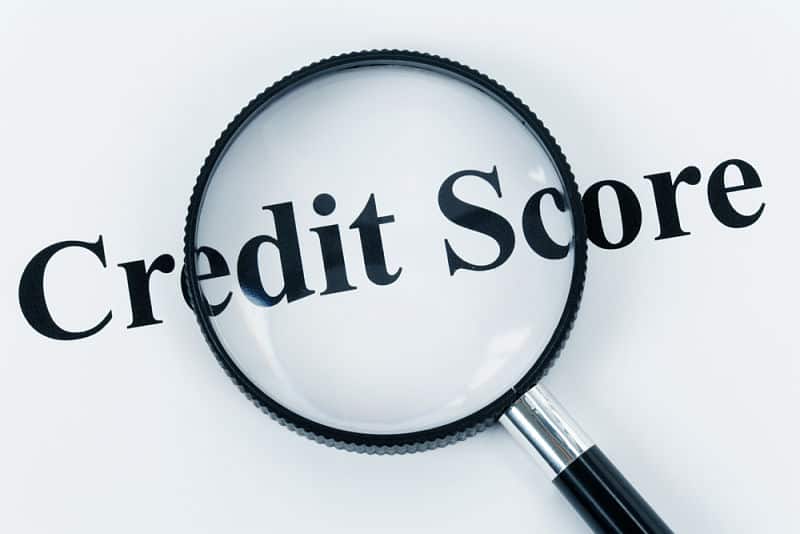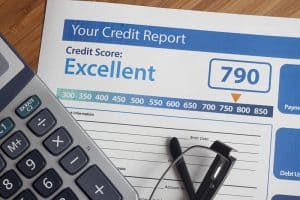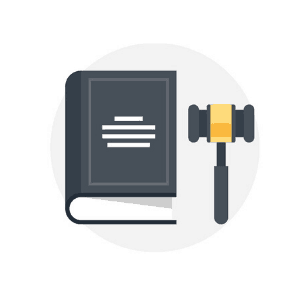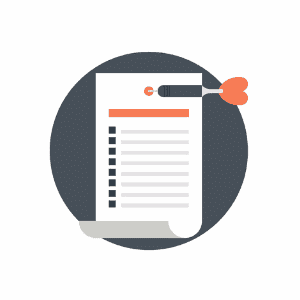A good credit profile makes a huge difference in the financial success of any business. How a business maintains its credit is reported to credit bureaus just like personal credit. Likewise, this information is used to create a numeric business credit score, which lenders use as an indicator of creditworthiness. A solid score also builds up the company’s reputation in the business community.











